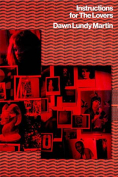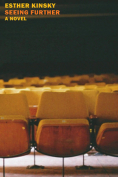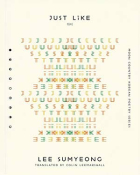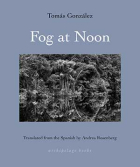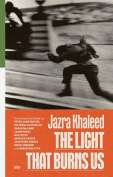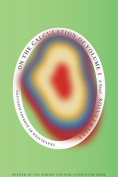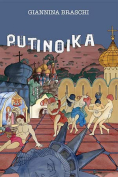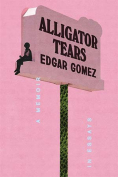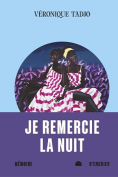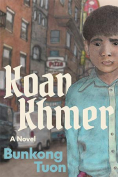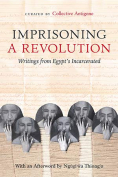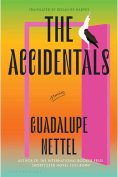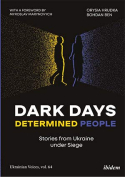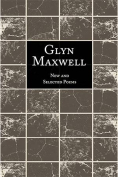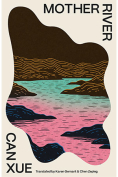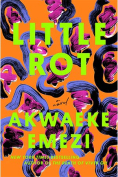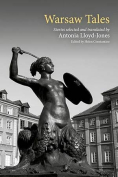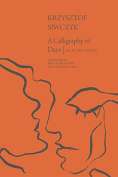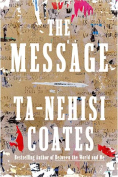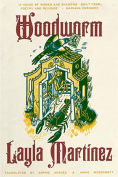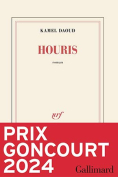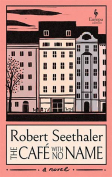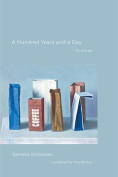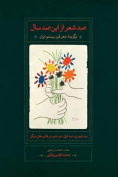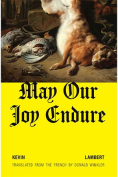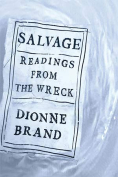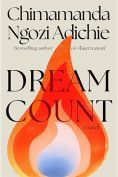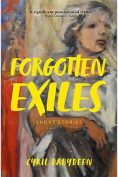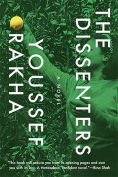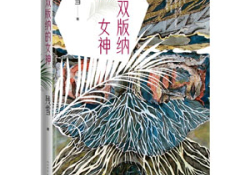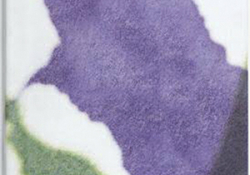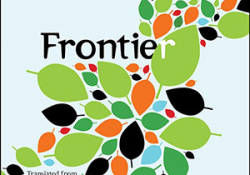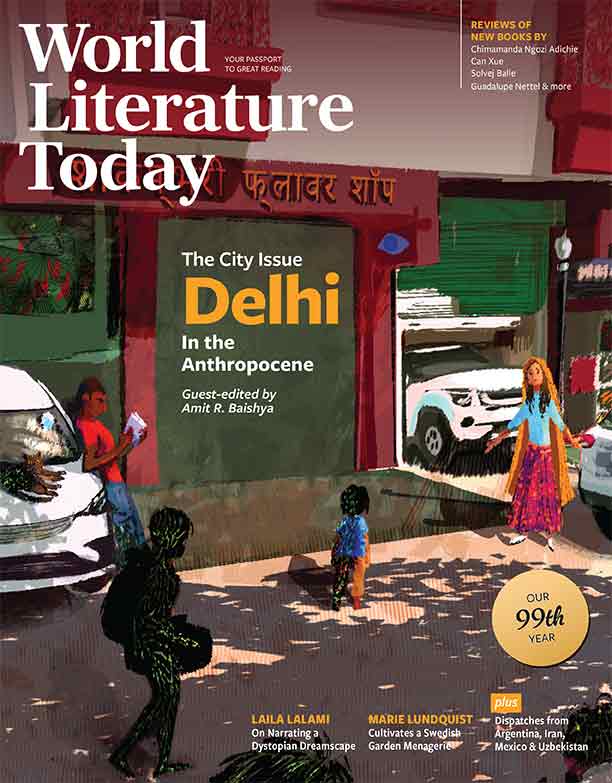Mother River by Can Xue
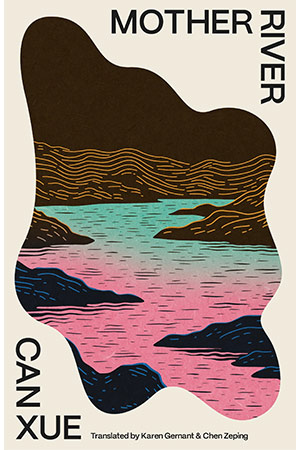
Rochester, New York. Open Letter Books. 2025. 256 pages.
Can Xue is a prolific writer of stories, publishing several hundred over the past forty years. Her work is reminiscent of Kafka, confronting readers with characters possessed of a distorted sense of reality. Many of her works have been translated into English, making her one of the most widely translated Chinese authors. Mother River brings together thirteen short stories and novellas the author wrote between 2019 and 2023, all appearing in English for the first time. Karen Gernant and Chen Zeping, the two translators, have worked closely with the author for decades, previously translating short-story collections Purple Perilla (2020), Blue Light in the Sky and Other Stories (2006), I Live in the Slums (2020), and Vertical Motion (2011) as well as the novels Five Spice Street (2009), Frontier (2017), and Barefoot Doctor (2022).
The stories in this collection are, for the most part, quiet and restrained. They lack the grotesque and unsettling images and suffocating feeling of despair present in her early stories. “The Drummer Boy” is a story imbued with nostalgia and a longing for an inner sanctuary of memory and peace. The protagonist returns to his hometown from the distant capital after fifty years, searching for a young drummer he had been enamored with since childhood—a boy with a “snow-white” face and “black and glossy” hair. Now grown, the drummer forms a band that performs at funerals, offering solace to grieving families, connecting them with the deceased, and helping them find reasons to go on living. As the protagonist observes the drummer at work, he gradually realizes that his obsession with the drummer boy of his childhood is a yearning for home. This home is not necessarily a physical place but a longing for an untouched, pristine past.
The idea of home is prevalent in Chinese literature. In the 1980s, when Can Xue began writing, one of the important literary trends was “root-seeking.” It was an attempt to unearth and recover China’s past, which has been lost through all the tumult of the twentieth century. Unlike the root-seeking writers, Can Xue does not search for the lost world but aims to appreciate the loss of the world. For her, returning home is about finding a spiritual belonging—a way to reconcile what has been lost and with moving forward.
The collection also includes three stories set in Sipsong Panna, the author’s home since 2017. “The Goddess of Xishuangbanna (Sipsong Panna)” is about a man adapting to the tropical environment, tolerating ticks, insects, hot weather, and rainfall. As time passes, he immerses himself more joyfully into his life there, discovering that life, in every form, is abundant there. “Night in Xishuangbanna” tells a tale of a man’s surreal nighttime adventure, where he wanders around the city seeking romantic encounters. In “Love in Xishuangbanna,” two women in their sixties, who have left the north for Sipsong Panna, embark upon nighttime adventures. Can Xue describes nighttime as a world of wonder, where dreams and reality merge. Young men chase love without fear, while older women freely embrace their emotions and desires.
It is hard to say whether she projects herself into these characters while writing about them. Her world remains distant from the ordinary—enigmatic, always cloaked in darkness. Yet the land of Sipsong Panna has breathed new life into her writing. Though her stories still unfold in the depth of night, they now throb with the raw energy of a place where nature thrives, desire stirs, and life—untamed and abundant—takes center stage.
The translation of this collection has a few minor errors, but they don’t affect its overall readability. Can Xue’s language itself is straightforward. What makes her writing challenging to read is not the vocabulary but the leaps in logic and her departure from traditional narrative structures.
Laura Xie
Virginia Military Institute
